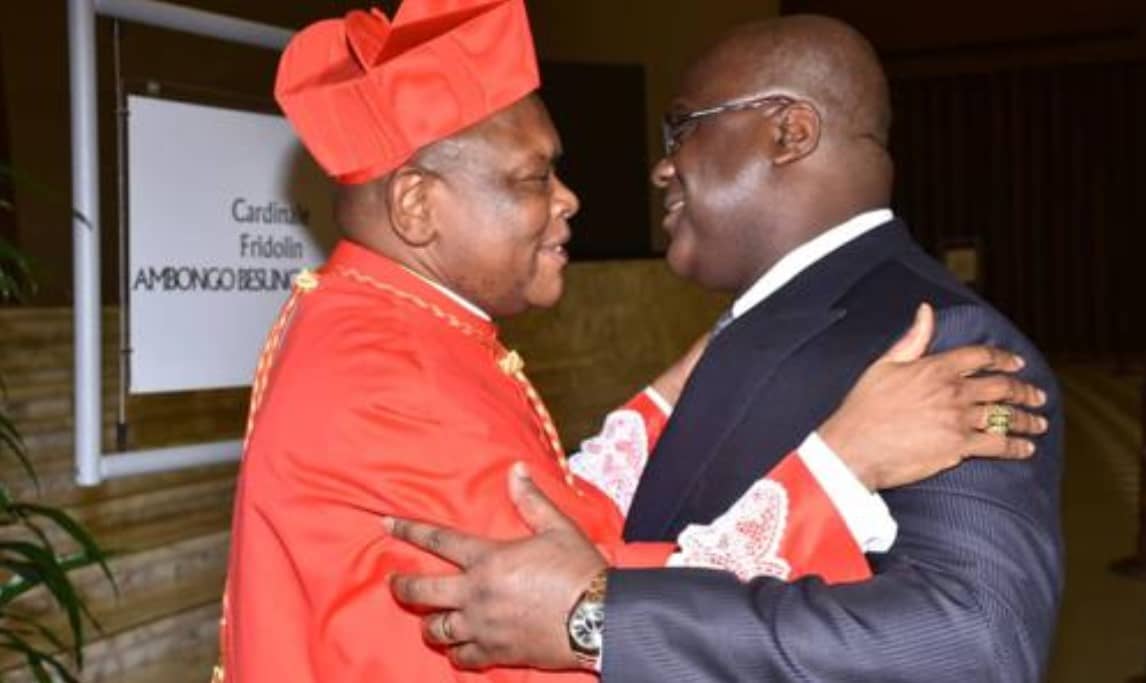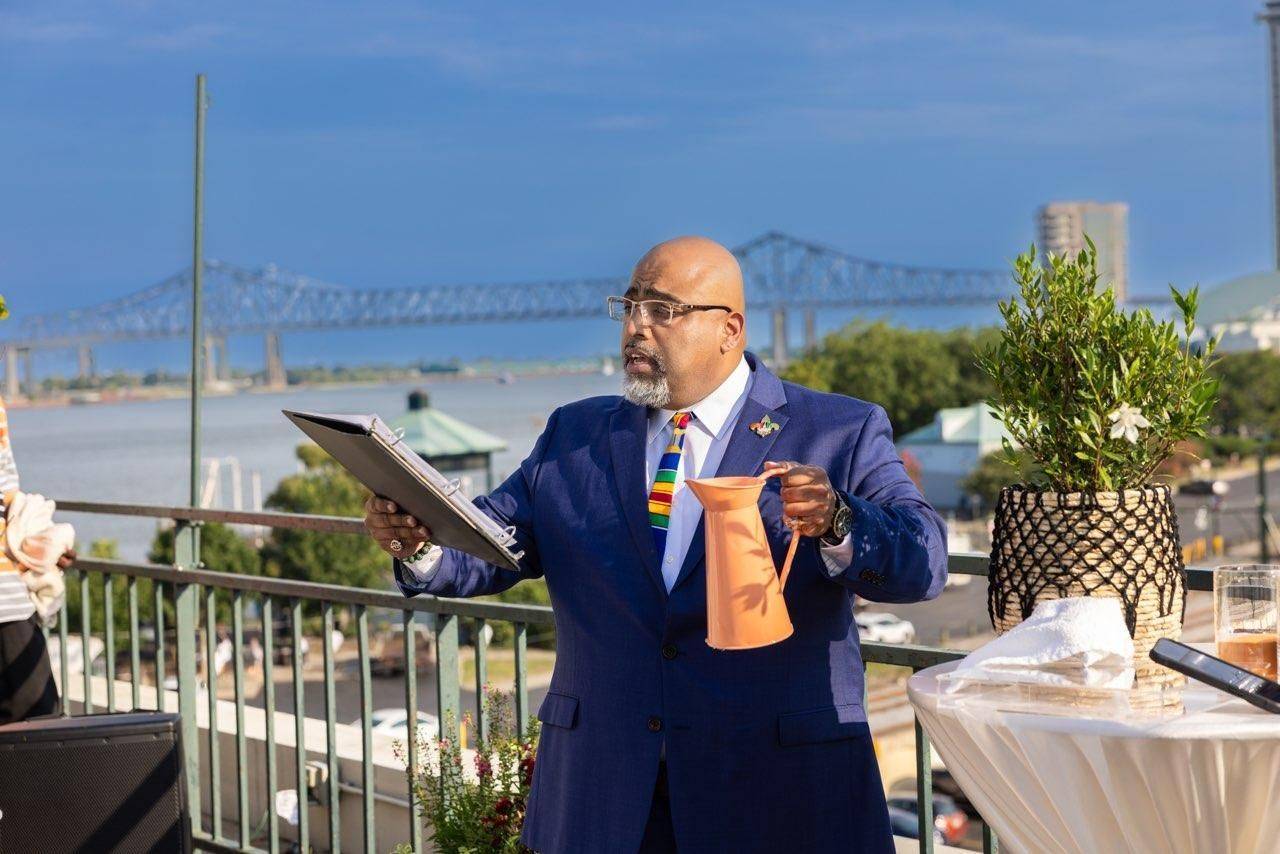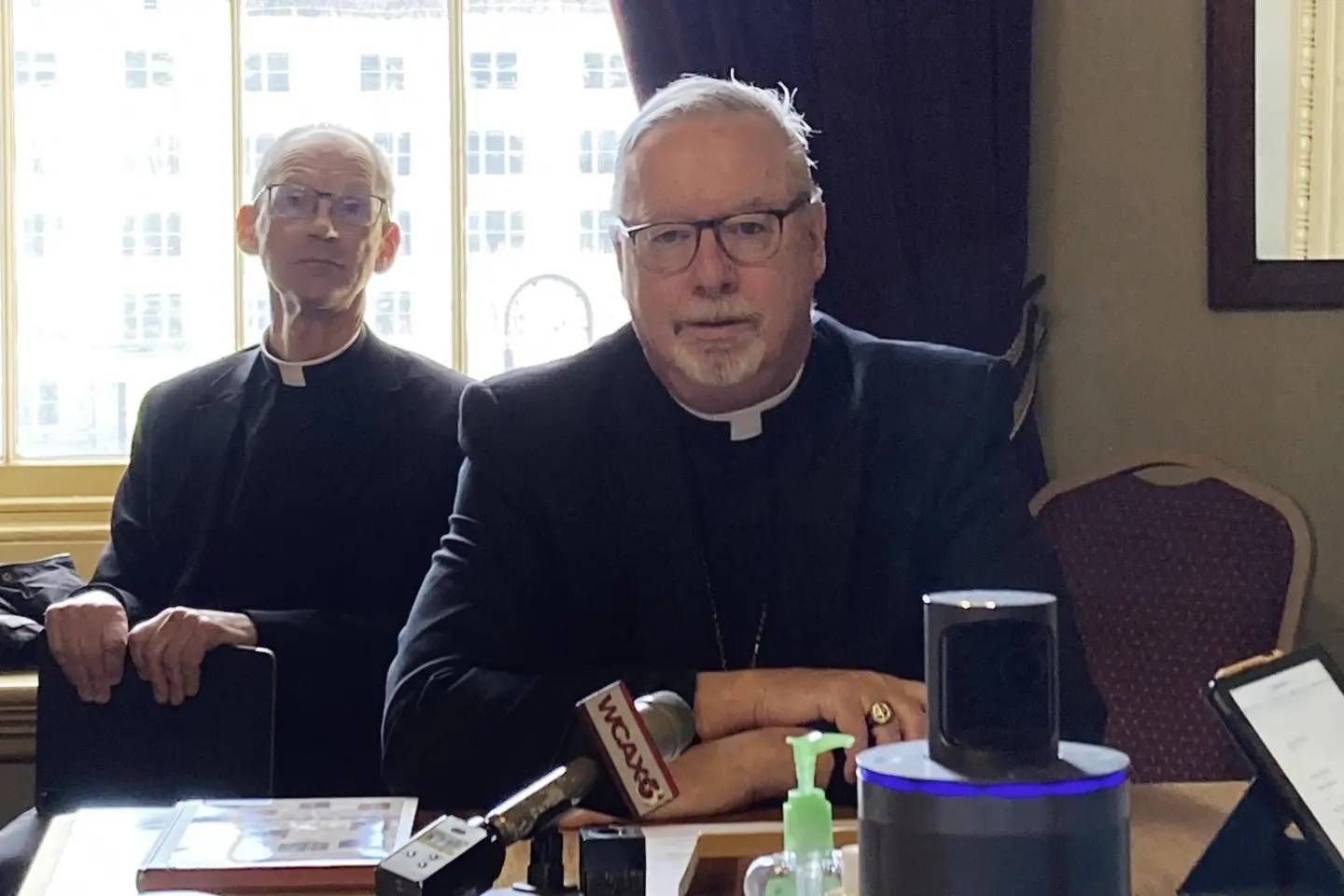In early March I was invited by Voices of Faith, a group focused on the leadership and work of Catholic female leaders, to share some thoughts at a Vatican conference on the role of women in the Church in conjunction with International Women’s Day.
The idea was to focus on something beyond the familiar debate over women’s ordination, exploring other issues pertaining to what has worked well for women in the Church and what still needs more attention.
The following are the main points I made in that talk.
What has worked well for women in the Church
First, research has cited that women undertake 80 percent of the work in the Church not performed by the clergy. In the home and in parishes, by invitation or necessity, women are forming the faith of the next generation, bearing witness to the love of God by their works of corporal mercy, and sustaining community through the details of hospitality and outreach.
Second, leadership positions that certain women hold in the U.S. Catholic Church as chancellors, chief financial officer, general counsel, executive directors of social agencies, superintendents and principals of schools, presidents, faculty and directors of Catholic universities, hospital chief administrators, and directors of mission, reflect a growing practice of engaging women and power-sharing with them by the episcopacy and clergy.
Finally, through millennia, the Church has provided education, healthcare and pastoral services to women, enabling many of them to flourish both personally and professionally.
What can improve?
We must remind ourselves that this conversation about women is not primarily for women, but for the entire church. It’s about a desire to recognize and utilize the gifts of all for the sake of all, and to bring about the unity that makes us one body, one Church.
Let me begin with an image which grips me: It is the image of women knocking on the door of the Church: to be heard, seen, included, welcomed. This analogy invokes the parable that “knock and the door will be open to you.”
I know that continuous knocking can be vexing to the those who are to answer, but have we considered the alternative: Silence? What if the next generation of women stop knocking? They give up, walk by the door stop noticing it. Who will fill the void of what women are doing today to nourish this family of God?
It is in this context that I think about “more”, as Pope Francis says that there must be “more for women in the Church.” Instead of specific recommendations, let me offer five frames to invite reflection, discussion, new imagination and thoughtful actions.
First, we need to move the engagement of women as leaders in the Church from exceptional to habitual.
While women are increasingly populating the ministries and structures of the Church, the practice is not yet widespread. We need to move from the few, the rare, the exceptional, to an approach by which the identification, assessment and appointment of women becomes the norm, systematized in processes and supported by leadership behaviors.
Second, we need to ask whether women are engaged in and by the Church as family, or as guests, or guest workers?
Family members belong; their places are not earned; they make up the present and shape the future of their families; their voices are familiar to us; and they are the “we”, for better or for worse.
Guests come by invitation, stay a tolerable, appropriate period of time; they avoid difficult conversations; they keep things light, pose no discomfort, and stay away until invited back. Guest workers operate on a transactional basis to get a job done: they tend to have little presence and even less voice, few rights, not likely to be developed and advanced and likely to operate as the “downstairs” of a palpable upstairs-downstairs social system.
Third, we need to move beyond service to advocacy for women’s rights.
The Church is singular in her contribution to the wellbeing and development of women through millennia of unmatched ministries in health, social service and education. This point, however, raises the need to go beyond service to addressing the root causes for the suffering of women around the world.
For example, while women represent the majority of the 800 million smallholder farmers in the world, many countries do not grant land titles to women, thus often preventing their access to loans, seeds, tools, training, etc. When they lose their husbands, they stand to lose their livelihoods and homes.
The practice of child marriage creates the horror of fistulas, which render women social and physical “throw-always”. As we uphold the sanctity of marriage, we must also safeguard the abomination of this practice that subjugates young girls before puberty to such activity.
The trafficking of women is made possible by inadequate laws – some which still criminalizes women rather than those who perpetuate their sale – lax enforcement, and meager prosecution. In the U.S., debates over the gender wage gap and the lack of paid maternity leave also can benefit from the voice of the Church.
Fourth, we need to see women’s voices as enriching rather than threatening.
Because broader conversations on women in the Church have been overshadowed by women’s ordination, all sorts of barriers, biases and wariness warp the acoustics for listening to women. Conversations are guarded with the suspicion of the “camel’s nose under the tent.”
As a result, when women propose, plead, advocate or challenge, a certain suspicion conditions the exchange regardless of the nature of the suggestions from female lay pastoral associates, female theologians, lay evangelists who have gifts for proclamation by words, or the mother calling for women role models in the Church for her daughters.
Fifth, we need to embrace the feminine genius not just in part, but in whole.
When the Church speaks of the “feminine genius”, she tends to hold up women’s sensitivity, intuitiveness, attentiveness to others, ministry for others’ wellbeing, thoughtfulness, nourishing, humility, loyalty, steadfastness.
But what about the part of women who are social activists and critics like Dorothy Day? Women who have a scandalous past like Dorothy Day, Mary Magdalen, or the woman at the well? Women who are entrepreneurial, daring, persistent, stubborn and sometimes defiant, like many of the women who founded and sustained religious congregations? Or those women who undertook the spiritual works of mercy like Catherine of Sienna, when she wrote words of correction to both church and political leaders?
Can the Church make room for, celebrate and encourage this part of the feminine genius?
To close, I also want to offer two statements of caution.
As we seek “more” for women, I hope we do not get tied up with titles and places of honor; that we do not fall into the equivalence of what Pope Francis refers to as the lure of clericalism and careerism.
Second, we should not just target appointments at the Vatican, thus narrowly and erroneously equating “the Church” with the Roman Curia. And always, let us put on grace as we seek to serve, to unite, and to give glory to God.
Carolyn Woo is the President and CEO of Catholic Relief Services, the international humanitarian arm of the Catholic bishops of the United States.

















